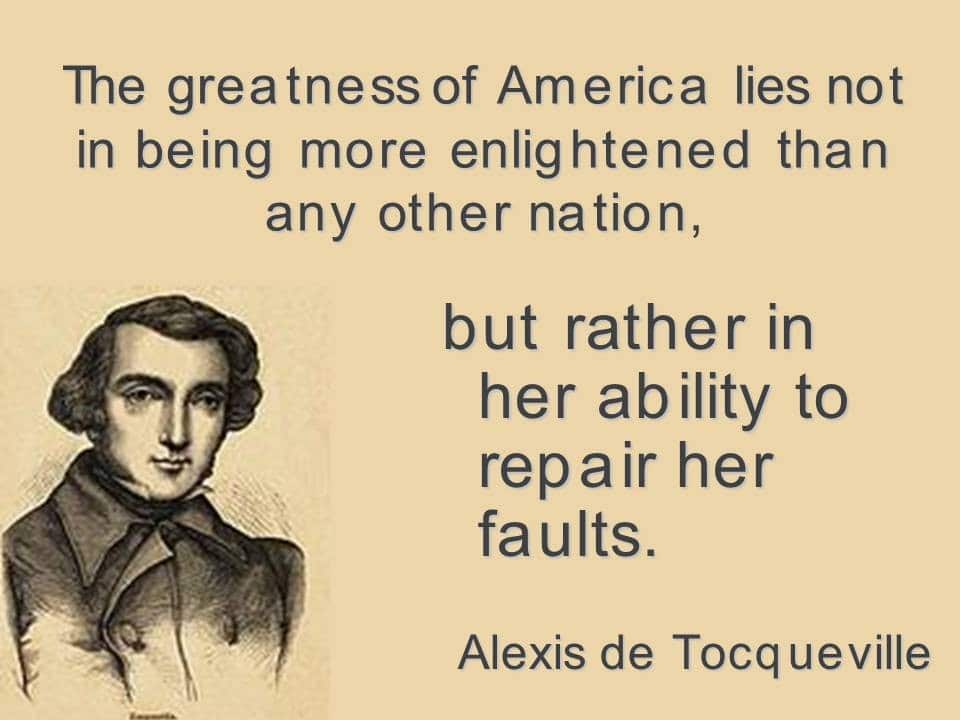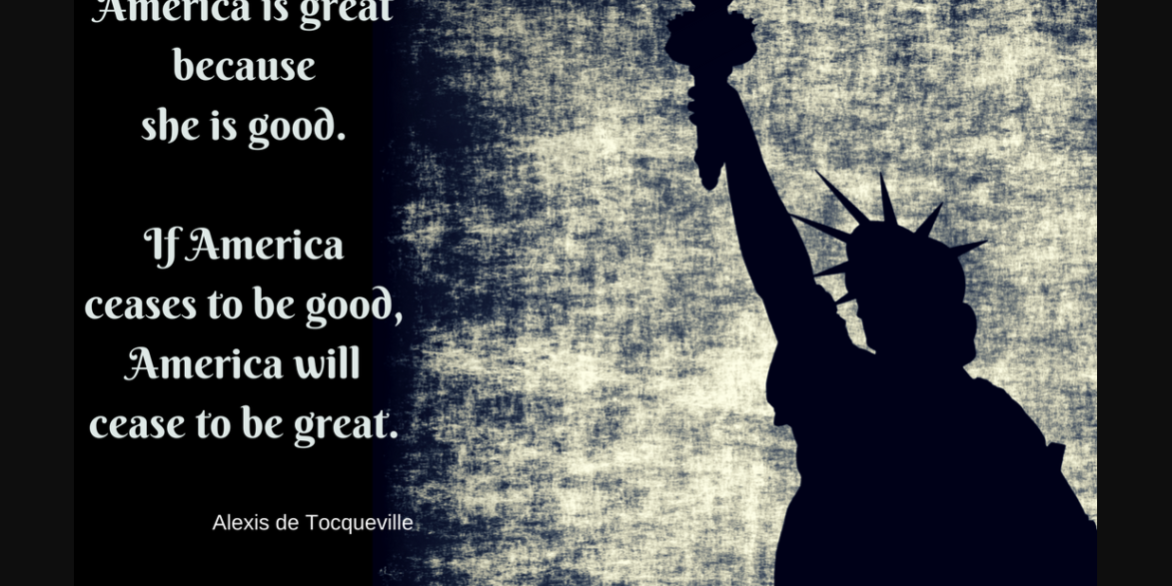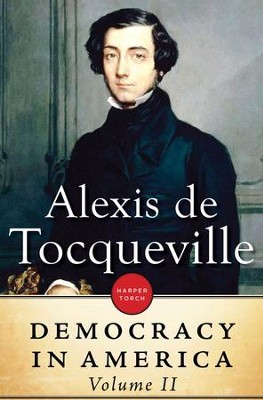How is America not the leader in the world’s response to a global pandemic? How is it, instead, the world leader in Covid deaths? One ready answer is that, the full implications of unconstrained individualism, namely, selfishness, has reared its ugly head, and that there is no turning back for us.
As our country limps through a pandemic, with as many scattered views, opinions, “facts” and behaviors as there are shards in broken glass, we are persistently reminded of the starkly contrasting response of South Korea. Koreans met this invisible but globally ubiquitous enemy with a seamless, unified effort, largely containing the disease within weeks, not months. What accounts for this difference?
Some say we in the United States lack true leadership and a coherent federal response, or that the political divisions between red and blue account for the disparate responses. But to point to such causes is to suggest that South Korea has unusually strong leadership and that it lacks the deep divisions in politics that have revealed themselves here.
Neither is true.
There is nothing extraordinary about the current administration in power in South Korea. Hardly a President is replaced there before you see criminal investigations of the deposed leader by federal prosecutors. And the extent of the divide between the haves and have-nots, between business and labor, between conservatives and liberals are as fierce as they have ever been. The famous impatient temper of the Korean personality ensures that every divide is emotional and personal.

Thus, the political climate can’t alone account for the contrast between the countries. I think the difference is more tied to America’s culture of individualism.
In 1831, a young Frenchman named Alexis de Tocqueville toured America for about 9 months and later produced a description of the country and its people that remains most thoughtful and penetrating.
In his timeless work, Democracy in America, he said: “individualism, at first, only saps the virtues of public life; but in the long run, it attacks and destroys all others, and is at length absorbed in downright selfishness. . . . “
While individualism stems from the value we place on equality and liberty and is thus rightly viewed as a positive, Tocqueville warned of the debilitating consequences if it is taken too far.
Koreans have yet to fully embrace individualism, in either its inspiring or its fracturing forms. They have enjoyed the benefits of a liberal democracy for only a few decades, and the central government in the early decades better resembled autocracies than true democracies.
Perhaps more importantly, the hold of ancient Confucian values over the Korean psyche remains strong. Before the rights of individuals, Koreans are accustomed to thinking of their duties to others, parents, siblings, family, institutions, the collective Korean identity.
Thus, while they have found a refreshing freedom in the liberal democratic traditions of America and eagerly sought to throw off the limitations of a stifling conformity, the sense of duty remains hard-wired. Even as they have enjoyed extraordinary rewards that flowed from individual creativity and risk-taking, the bonds of fidelity there are many and endure.
In such a culture, a lockstep regimen of disciplined, science-based, common-sense response to Covid-19 was hardly surprising. If the eldest are vulnerable, what young Korean man or woman will incur the risk of spreading the disease even if they felt personally invincible? The question answers itself. Only the most socially dysfunctional Korean would behave that way.
Here, of course, it is different. Democracy’s ideology of liberty and equality long ago took deep root, encouraging a culture of individualism, where rights took center stage as concepts of duty or fidelity fell out of fashion. Americans thus cannot rely on a culture of social duty to respond to a national crisis as Koreans have.
Before the pandemic, I would have said that they can rely instead on a habitual generosity of spirit. For me, American individualism has always seemed intimately related to an outsized optimism about the good that freedom will unleash.
In the aftermath of 9/11, we saw countless citizens from all over the country descend on New York City wanting to lend a hand in any way they could to support a fallen city.
If this is the country where a slave-owner could be President, it was also the one where a self-educated farm boy could become the most memorable President, eradicating slavery at terrible cost. It is the same place where a Black man could rise to serve as one of the most erudite and inspiring leaders of the free world. More personally, it is the United States whose sacrifices in Korea made my writing this possible.
Wars were not fought here and globally so people could be free to be selfish beasts. Americans did not die on foreign soil so people could be free to exploit, dominate and thrive as despots. They did so because of an unspoken conviction that freedom will lead to the highest human achievements, and that that kind of individualism is worth fighting for.

Even before these foreign wars, Tocqueville appeared to recognize this quality as he said, “equality suggests to the American an indefinite perfectibility of man.”
Yet today, we find ourselves in a war with ourselves, as a deadly virus blankets the nation, killing our most vulnerable and upsetting our settled expectations of working to build wealth. We find ourselves implausibly screaming about whether wearing a mask infringes personal liberties, and whether it works, might work, or even if it does, no one should be told to wear one. “After all, this is America,” we say. State to state, county to county, city to city, family to family, person to person, the responses to containing the enemy are different, even diametrically opposed.
Tocqueville’s warning about the decline of individualism to selfishness seems depressingly real. South Korea and other nations watch our struggles with incredulity. How is America not the leader in the world’s response to a global pandemic? How is it, instead, the world leader in Covid deaths? One ready answer is that the full implications of unconstrained individualism, namely, selfishness, has reared its ugly head, and that there is no turning back for us.
I hope that this is untrue and that we will instead emerge from the pandemic’s test of our national character much stronger for the experience.
I have no delusions that the country will suddenly unify its response to the pandemic and that we will soon all work in tandem to protect the most vulnerable among us. Signs to the contrary are reported around the nation daily. We are sure to see many more Americans die and the disease continue its spread, even as countless heroes in the healthcare industry struggle to save the afflicted.
Still, history has repeatedly demonstrated that betting against a resurgent and generous America is never wise. How will we emerge? Here, I turn again to that remarkable young Frenchman for an insight into the American character.
Even as he worried about the excesses of individualism in democracies, Tocqueville argued that Americans were different: “I have often seen Americans make great and real sacrifices to the public welfare; and I have remarked a hundred instances in which they hardly ever failed to lend faithful support to each other. The free institutions which the inhabitants of the United States possess, and the political rights of which they make so much use, remind every citizen, and in a thousand ways, that he lives in society.”
Tocqueville saw in our electoral processes an antidote to ruinous selfishness. Our active participation in democratic politics and elections ensure a constant source of renewal, a forced habit of considering how we want to be defined as people and as a nation. With each election, this demand is upon us.
During the last five months of this battle, we have had no recourse but to live with the consequences of the decisions and actions of previously elected leaders. Federal, State and local. Their decisions were America’s decisions.
As we approach November, the American people will each be asked once again: who are we? We will vote in those who reflect our answers.
I am betting we pass this test.






